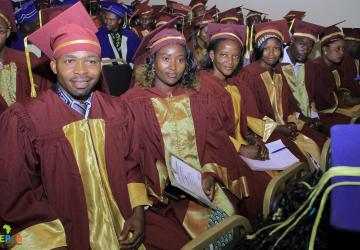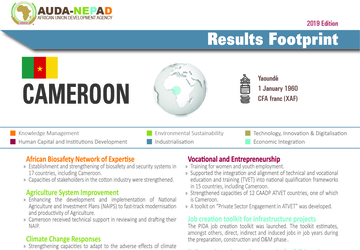 Cameroon
Cameroon
Official Name: Republic of Cameroon
Capital: Yaounde
Independence Day: 1 January 1960
Currency: CFA franc (XAF)
Key Result
More than 1,500 youth benefitted from youth employment opportunities in the agriculture sector in Benin, Cameroon and Niger.
2,000 women in the Manyu department of the Southwest Province benefitted from commercialised of cultivation of Eru plant, a valued non-timber forest product for food. The women were trained on how to cultivate cuttings and seedlings; on the sustainable resource management of Eru farms; on harvesting techniques and in commercial production. Four pilot farms were set up, 50,000 seedlings planted and a “best practice” booklet produced and distributed to the communities. Modern equipment for processing the crop was supplied and agricultural extension workers have been trained in its use. Eru cultivation has resulted in its domestication and considerable reduction of poverty within the communities.
A financing facility has been set up in five pilot countries including Cameroon, Kenya, Nigeria, South Africa and Tunisia to support innovative vocational training initiatives.
Cameroon has domesticated an adapted version of the African Union Model on Medical Products with the aim to improve access to quality and safe drugs and to fight the circulation of fake medical products in the country.
The continental target is to restore 100 Million hectares. 85 Million hectares of land on the continent have been committed for restoration through the application of the restoration opportunities assessment methodology by 2030. To-date, Cameroon has committed 15 million ha.
Cameroon signed the CAADP Compact in 2013 committing to prioritise agricultural development and transformation. Since then, smallholder farmers were taught to use cell phones to get real time market price data which enabled the farmers to receive information relating to planting seasons, when to apply fertilisers and how to bargain with buyers. An outline of a trade certification scheme for Shrimp was also developed which will be tested in various aquaculture products. The scheme will pilot the African Eco Labelling Mechanism Eco Mark, developed by the African Regional Standard Office (ARSO). Cooling facilities were donated to six fishing villages to facilitate post-harvest preservation of fish.
Related
Projects

A critical AU Model Law aimed at harmonizing medical products regulatory systems in Africa was endorsed by African Heads of State and Government at the January 2016 AU Summit in Addis Ababa, Ethiopia. The AU Model Law will contribute towards accelerate the regulation of safe, quality and affordable medical products and technologies in Cameroun.
Central Africa has embarked on a collaborative framework that will stipulate the activities, roles and responsibilities for implementing an MRH programme in the region. Cameroun is participating in a mapping exercise in 2016 that shall establish regulatory systems that will guide ECCAS and OCEAC Member States in setting up an MRH programme.

CAADP Compact: Cameroon signed the CAADP Compact between 15 - 17 July 2013, with the aim of transforming agriculture through food & nutrition security, wealth creation, and economic growth to ensure prosperity for all.
National Agriculture Investment Plan: NEPAD supported Cameroon by conducting a technical review of its NAIP from the 15 - 22 August 2014.
Capacity building: Technical and advisory support was provided in Cameroon for the CAADP Business Meeting. The budget for its National Agricultural Investment Plan (NAIP) is XAF3 550 billion1, of which the government has already secured XAF2 000 billion through the realignment of several ongoing initiatives. Cooling facilities were donated to six fishing villages in Cameroon to facilitate post-harvest preservation of fish.
Business: Cameroon’s first CAADP Business Meeting was held in 2015.
Results:
• Cameroon has seen an improved approach to the development of agriculture with participation of all relevant stakeholders. The four main ministries, namely the Ministry of Agriculture and Rural Development, the Ministry of the Environment, the Ministry of Forests and Fauna and the Ministry of Livestock, Fisheries and Animal Industries, have been working in synergy in the development of their budgets in order to avoid repetition and improve effectiveness on the ground.
• There is now greater awareness of the need to include other ministries on various issues. For example, discussions with the Ministry of Research and Scientific Innovation regarding improvements in agricultural research is a positive step.
• In the remote Bokwaongo locality of Buea, smallholder farmers are being taught to use cell phones to get real time market price data. This ICT medium has enabled these farmers to also get information relating to planting seasons, to know when to apply fertilisers and importantly how to bargain with buyers.
AGRIBUSINESS AND AGRIFINANCE Project - Click here for more information

Measuring Cost of Hunger in Africa (COHA) study: Cameroon is among the third-phase countires (Cameroon, Botswana, Kenya, Mauritania) to implement the COHA study. The overarching objective of the multi-country study led by the AUC, NEPAD, WFP and UNECA, is to catalyse coordinated action and inform the design of nutrition-oriented policy frameworks and programmes, with greater investments to eradicate child undernutrition on the continent.


Project : TAH programme
Description : This is phase I of the continental connectivity programme that focuses on completion and standardisation of the TAH missing links by 2030
Project : Single African Sky phase 1 (design and initial implementation)
Description : Single African Sky is a continental programme that will create a high-level, satellite-based air navigation system for the African continent
Project : Yamoussoukro Decision implementation
Description : Accelerate Yamoussoukro Decision implementation by identifying countries that are ready to fully implement it, and discussing and agreeing with both their governments and airlines to launch the voluntary club on a full membership basis
Project : Central African Interconnection
Description : 3,800 km line from the DRC to South Africa through Angola, Gabon, Namibia and to the north to Equatorial Guinea, Cameroon and Chad
Project : Douala-Bangui Douala-Ndjamena Corridor
Description : This programme would modernize the highest priority multimodal ARTIN corridor in Central Africa and facilitate travel for people and goods across the borders between Cameroon, Chad and the Central African Republic
Project : Central African Inter-Capital Connectivity
Description : This programme is specially designed for Central Africa, where one of the key issues for regional integration is the missing links in several intercapital connectors
Project : Central Africa Air Transport
Description : This programme aims at increasing the air transport service levels as well as airport improvement in Central Africa, which are currently limited by the lack of a regional air hub
Project : Central Africa Hub Port and Rail Programme
Description : This programme aims at responding to the future capacity problems in Central African ports. This programme has two components : (a) a regional hub port and rail linkage master plan and (b) port expansion
Project : ICT Enabling Environment
Description : This programme would improve the environment for the private sectors to invest in high-speed broadband infrastructure
Project : ICT Terrestrial for Connectivity
Description : This programme has two main components : secure each country connection by at least two broadband infrastructure and ensure the access to submarine cable to all landlocked countries
Project : Internet Exchange Point (IXP) programme
Description : The aim of this programme is to provide Africa with adequate internet node exchange to maximise internal traffic

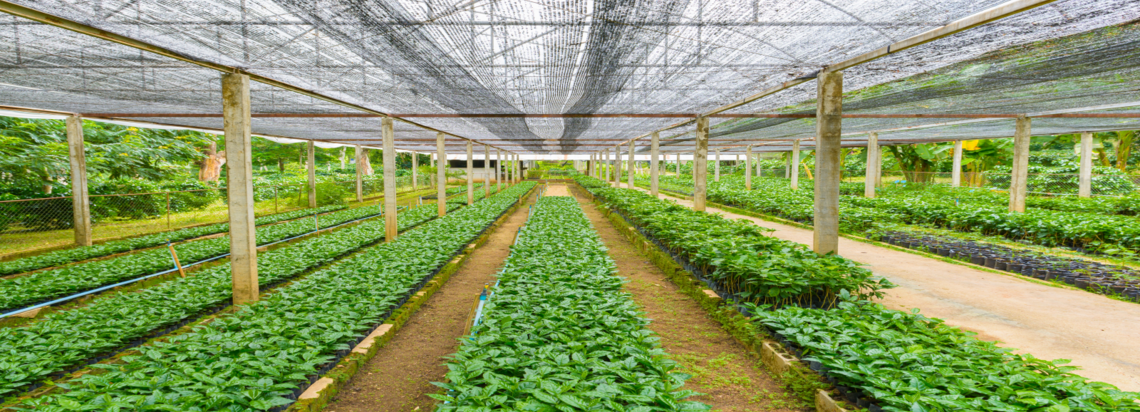
Results:
•74 435 women empowered economic and financial terms: Income generation skills; Deployment of technical assistance to boost agriculture production for both consumption and commercial purposes; Accessing agricultural extension services; Promotion of gender inclusiveness in decision making; Creation of enabling environment to access land; Land tenure and legalization of land title for women; Youth job creation; SME management; Informal and Regional Trade development.
•25 438 women support through institutional based capacity building.
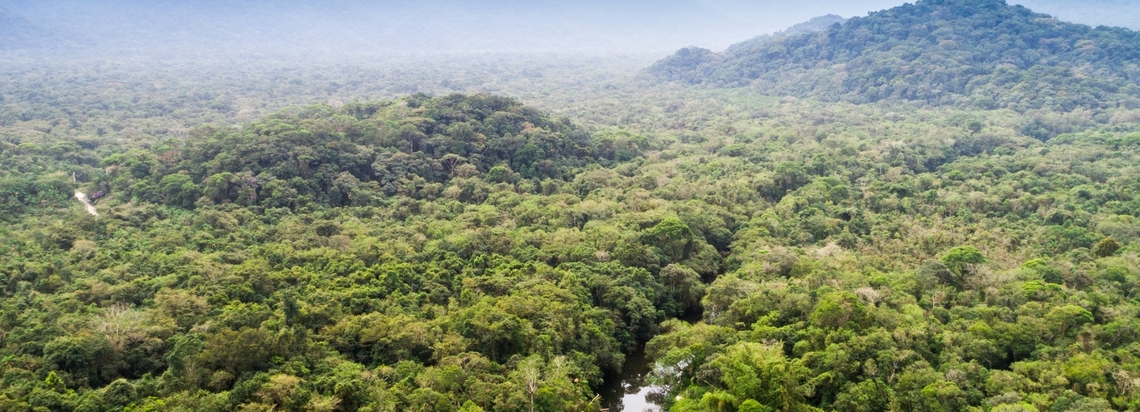
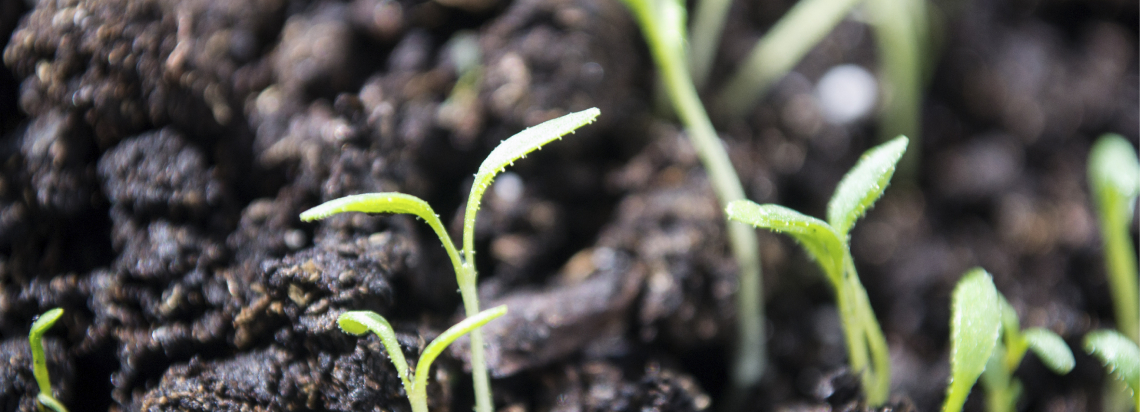
Development of Integrated Coastal Zones Management (ICZM) Strategy
• Strategic document on Integrated Coastal Management (ICZM) for the Limbe City Council developed, validated and disseminated
• A modern solar drying centre comprising the drying boxes and the solar system (battery; panels; charge controller, and the inverter) was donated to the Government of the Limbe City Council
• 2 solar dryers installed at the modern solar drying centre
• Existing bye laws on illegal fishing in Limbe City activated as a result of greater awareness created through the implementation of the project
• 2 Tree planting sites in Buea and Limbe established
• 4 vegetable gardens established in 4 secondary schools
• Partnership platform between the Limbe City Council and the main stakeholders established, for further studies on coastal management
• Greater awareness of Climate change and its effects on coastal zone created through inter-school quiz competitions, as well as broadcasting on National Radio Network (in English language and Pidgin English.
• 83 Stakeholders were trained on the key intervention in the strategic Plan
• 64 village and community leaders were empowered on environmental protection and conservation in the Limbe Municipality.
• 6 fishing villages and communities were granted cool boxes to facilitate the post-harvest preservation of fish.
• 120 persons, including local and administrative authorities, traditional rulers and community leaders were trained on the use of a solar dryer.
• 24 women group leaders were trained on how to form cooperatives
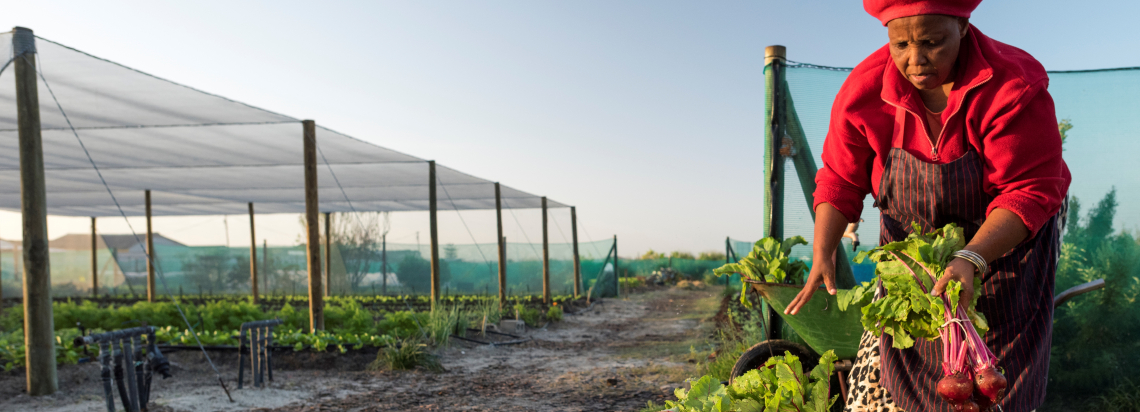
Resulting from an innovative process of consultations involving women smallholder farmers on the ground and various stakeholders (a participatory and multi stakeholder approach), desk reviews and country case studies, the Gender Climate Change and Agriculture Support Programme intends to benefit 36,000 women farmers in Cameroon. To achieve implementation at the ground level, GCCASP will provide implementation support in the areas of closing policy and institutional gaps, building the capacities of women smallholder farmers, the creation and strengthening of women platforms and investing in up-scaling of successful and innovative practices.
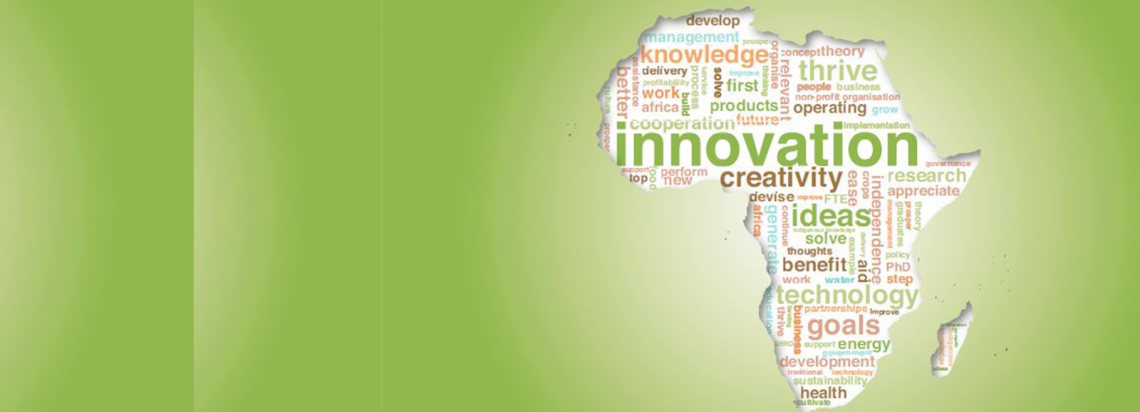
ASTI has captured comprehensive information on STI and consequently built in-country capacity to collect, analyse & publish data and information on research & development (R&D) and Innovation

Results (2013 – 2015)
Advocacy and Strengthening of Negotiation Capacities on Post-2015 Development Agenda through the Common African Position (CAP):
• The multi-stakeholder framework of engagement specifically enhanced dialogue towards ensuring the required mass to influence the Post-2015 Global Agenda and Development Goals relevant to the Continent;
• This intervention helped strengthen country and regional level negotiating capacities for the effective incorporation and articulation of Africa’s priorities as enshrined in CAP in the final Global SDGs;
• The project enabled the participation of African stakeholders at the Means of Implementation Engagement, 3rd Financing for Development Conference and the UN General Assembly that adopted the new SDGs. This ensured the incorporation of Africa’s development priorities into the new goals through developing essential negotiation capacities;
• Through the CAP/SDGs space on the Africa Platform for Development Effectiveness (APDev), knowledge products and negotiation documents, as well as, policy briefs where successfully disseminated to the African negotiators in New York and kept the continent’s stakeholders informed of the overall process;
• Development and dissemination of post-2015 Policy Briefs on “Financing and Partnerships” and “Structural Economic Transformation and Inclusive Growth”. These are priorities outlined in the CAP and the policy briefs where utilized in the negotiation process for the African continent.
Global Partnership for Effective Development Cooperation (GPEDC):
• Africa secured the hosting of the 2nd High Level Meeting (HLM) of the Global Partnership. This was attained through robust negotiation and facilitating a common voice from Africa with regards to this critical engagement by the NEPAD Agency. The 2nd HLM will be held in Nairobi Kenya;
• The NEPAD Agency advocated for the full inclusion and participation of Africa’s Regional Economic Communities (RECs) in conducting the 2nd GP Monitoring Exercise. This was a fundamental achievement considering the RECs are the continent’s building blocks with regards to socio-economic transformation;
• The Africa Action Plan on Development Effectiveness (AAP) was granted the status of an official Global Partnership Initiative (GPI) at the Planning Meeting in Brussels. The AAP was developed by the NEPAD Agency in consultation with African multi stakeholders. This has enabled the Agency to successfully mobilize resources towards the implementation of the AAP.

Transmission - Central African Interconnection Transmission Line Project: The project involves the construction of a 3,800 km transmission line system in four segments. The transmission line covering West Africa, Central Africa and Southern Africa will cover the following countries: Nigeria, Cameroon, DRC, Angola and Gabon. If the project is extended, it will also cover Equatorial Guinea and Chad.

Project : Dakar-Ndjamena-Djbouti Road/Rail Project
Description : An 8 715 km road/rail project which entails combining TAH 5 (Dakar to N’djamena) and TAH 6 (N’djamena to Djibouti)
Description : The use of political gravitas and goodwill to unblock and facilitate political bottlenecks affecting the implementation of ICT broadband and optic fibre projects on the continent


"At the beginning of 2014, 37 of the 42 opted-in African countries have completed a rapid assessment / gap analysis. The next step for countries is to develop a SE4LL Action Agenda and Investment Prospectus(es). To support this process, the SE4ALL Africa Hub partners have led the development of Africa Guidelines for SE4ALL national Action Agendas. The Africa Guidelines lay out principles and process for developing Action Agendas and put forward a balanced approach of centralized and decentralized solutions to achieve universal access to energy services.
Progress in Cameroon:
Starting SE4All Action Agenda"
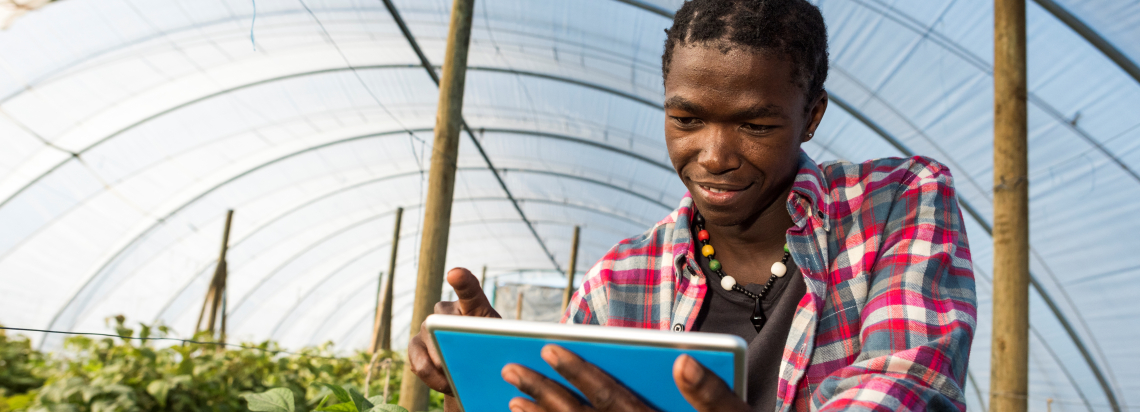
An Agricultural Risk Assessment study will be undertaken in 2016 in Cameroon, in order to identify and address the major risk factors. It will be supported by a Capacity Development workshop on the holistic approach to AFIRM. The objective of the CD seminar is to provide to national public and private stakeholders the required tools and policy instruments to design and implement a national risk management strategy.

Project: AIMS- Cameroon
Decsription: AIMS-Cameroon is being launched as part of the AIMS Next Einstein Initiative, a coordinated programme to launch 15 AIMS centres across the continent. This ambitious plan has won support from the Governments of Ghana, Senegal, South Africa, the United Kingdom and Canada, and international companies such as Google, recently winning the Project 10^100 competition, selected as one of 5 winners out of 150000 entries as well as RIM the makers of Blackberry.
AIMS is already making a big difference: since 2003, 560 students – 30% of them women – from 38 African countries have graduated from the AIMS-Network. Over 80% have gone into Master's and PhD programs directly after AIMS at excellent universities in Africa and abroad. AIMS graduates are now strengthening African universities, research centers, government and industry. For example, many of the mathematics lecturers at the Universities of Zambia and Khartoum are AIMS graduates and are now in turn educating hundreds of students each year. Among the AIMS graduates; 55 have completed PhDs, 233 completed Research Masters, and many more are in the process of completing similar further qualifications".
you agree to the AUDA-NEPAD Privacy Policy.


